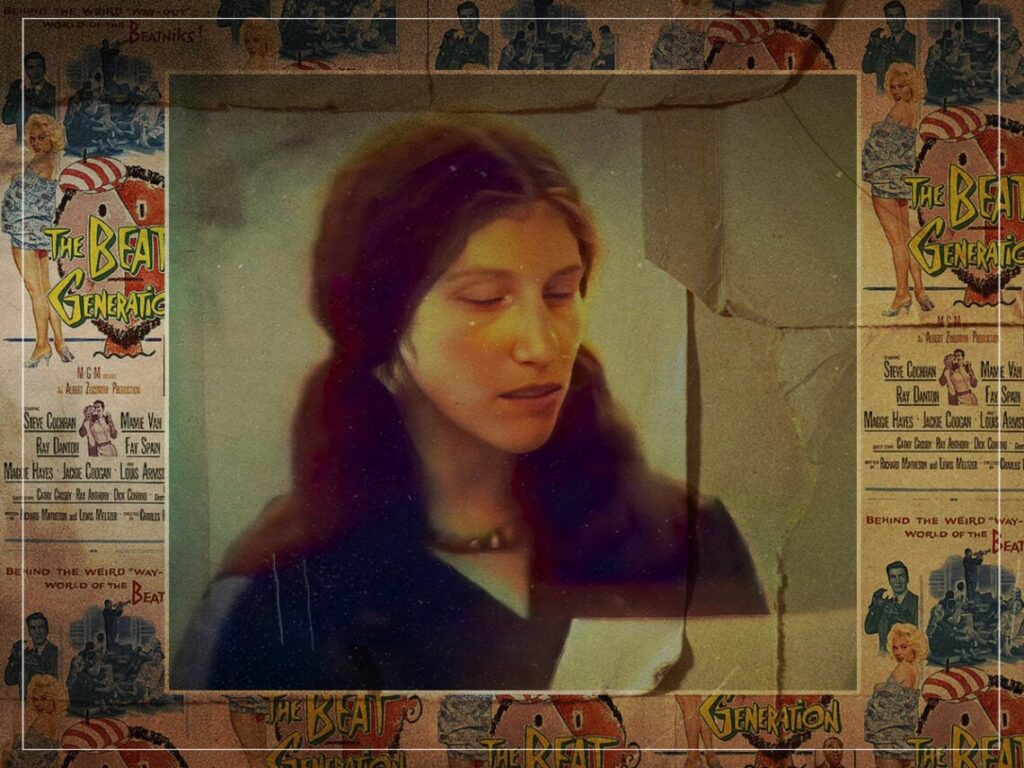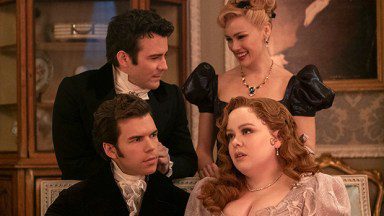Diane di Prima: the life of the Beat Generation’s most pioneering woman
 Posted On
Posted On
(Credits: Far Out / YouTube Still)
Like many other literary movements, the Beat Generation is largely remembered for its male members, like Jack Kerouac, who famously wrote On the Road, inspiring artists like Bob Dylan in the process. Then there was Allen Ginsburg, author of the great American poem Howl, and, of course, William S. Boroughs, who so often talked about drug use and the ways that individuals are stifled and controlled by broader influences, like the government.
Many of the Beats wrote about women in ways that can hardly be classed as progressive. These writers might have had ideas about society and freedom, but the way they often discussed womanhood and femininity was firmly stuck in the past. Despite the undeniable brilliance of much of the Beat poets’ work, it’s hard to ignore some aspects of misogyny, such as lines found in Howl or Kerouac’s generally bizarre and sexist perception of women, which runs through much of his literature.
There were few female Beat writers and none who have been heralded to the same heights as the men listed above. Yet, the most important woman to emerge from this literary scene was Diane di Prima, who maintained a successful career as an artist for decades before passing away in 2020.
While those with an extensive knowledge of literature and the Beat Generation might have heard her name, for most, di Prima’s work is overshadowed by that of Kerouac and his male counterparts. Yet, di Prima, who long-outlived these men, was a true activist as well as a writer, forming friendships with pioneering feminists like Audre Lorde in school. She challenged the ways that women are expected to be, writing feverishly, desperately, about all different kinds of feminine identities, carving out a landscape that other Beat writers feared to tread.
Born in 1934, di Prima expressed an interest in poetry from a young age, even corresponding with Ezra Pound when she was just 19. However, when she moved to Manhattan, she found herself associating with the Beats, and she was soon arrested by the FBI for writing several daring poems which were considered obscene. Her dedication to her progressive beliefs saw her join a community called the Diggers when she moved to San Francisco, which hoped to create a lifestyle away from the oppressive nature of capitalism.
According to actor and writer Amber Tamblyn, who met and became a close friend of di Prima’s (via The New Yorker), “She was, to my eye, the real sexual liberator of the sixties—a woman who wrote dangerously, lived wildly, and loved daringly, right up to her very last breath.”
Tamblyn believes that di Prima “knew firsthand what it was like to make a seat for herself at tables that had no space for women like her—women who challenged the system, and who thrived in the act. She was always in coalition with such women.”
In 1978, she published a poetry collection called Loba, which is widely considered to be the greatest selection of writing she ever produced. Alongside Loba, which she added to in 1998, di Prima wrote over 50 different chapbooks and poetry collections. She was constantly writing, and as a result, she inspired many writers, especially women, with her fierce dedication to her core beliefs in living freely.
[embedded content]
Related Topics


